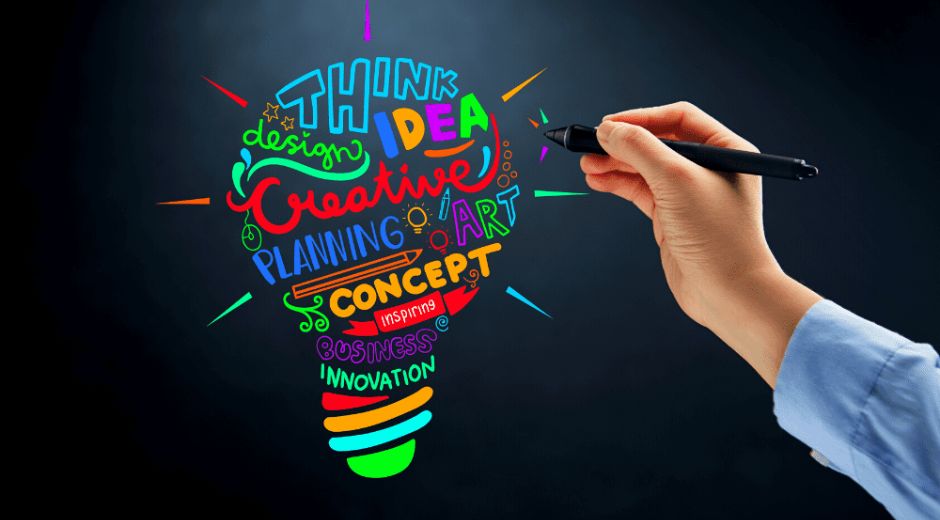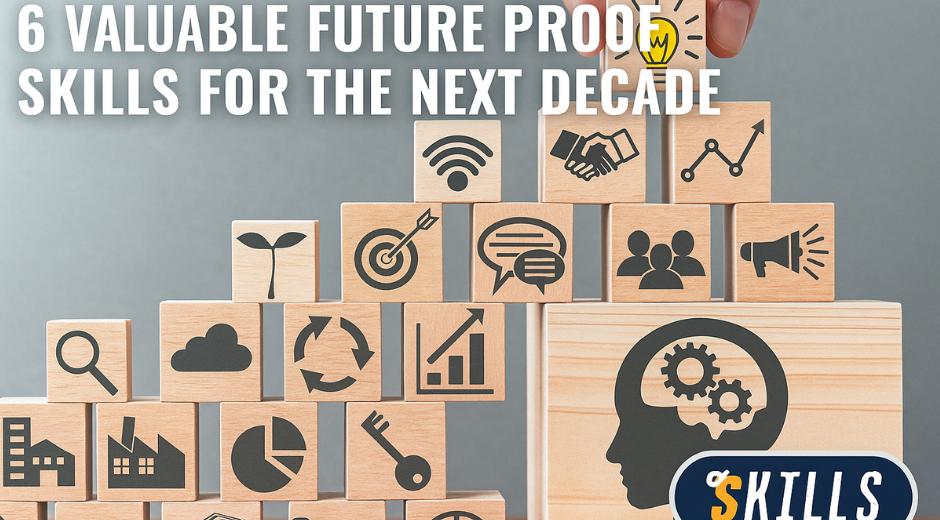Creativity Secrets: 7 Techniques to Unlock Your Imagination
Creativity Secrets: 7 Techniques to Unlock Your Imagination
Creativity is one of the most valuable skills you can develop in life, enhancing problem-solving, innovation, and personal growth. It is not just about artistic ability but also the capacity to generate ideas, approach challenges differently, and innovate in everyday situations. Developing creativity allows you to stand out in your career, school, or personal projects while inspiring others. Understanding how the brain produces innovative ideas and practicing structured techniques can help anyone increase their imagination and inventiveness. In a world where originality is prized, learning how to cultivate creativity is essential for achieving long-term success and satisfaction.
1. Practice Mind Mapping
Mind mapping is a powerful technique to enhance creativity. By visually organizing ideas around a central concept, you can create connections between unrelated thoughts and generate new perspectives. Using diagrams, colors, and branching thoughts stimulates mental activity and encourages free-flowing ideas. For example, when planning a project, creating a mind map helps identify innovative solutions, prioritize tasks, and spot patterns that might otherwise go unnoticed. Mind mapping not only boosts imagination but also improves memory and learning efficiency. This method encourages the mind to explore beyond conventional approaches and discover unique opportunities in work, study, and life.
2. Keep a Journal
Journaling is a practical tool to strengthen creativity because it allows you to capture spontaneous ideas and reflections. Writing freely without judgment encourages your mind to explore uncharted territory and connect previously unrelated concepts. Daily journaling helps you track progress, recognize recurring themes, and reflect on insights, which nurtures originality. You can use your journal to brainstorm solutions, set goals, or document inspirations from books, conversations, or experiences. Over time, this practice cultivates imagination and a habit of thinking differently. Recording thoughts also creates a personal archive of ideas, which you can revisit and refine for future projects or problem-solving.
3. Engage in Brainstorming Sessions
Collaborative brainstorming sessions amplify creativity by combining multiple perspectives and experiences. Group discussions allow participants to challenge assumptions, propose unconventional solutions, and develop innovative ideas collectively. For instance, in a team meeting, encouraging free-flowing dialogue and suspending judgment during brainstorming can produce insights that no single person might achieve alone. Brainstorming fosters inventiveness, improves problem-solving, and builds confidence in exploring new concepts. Structured exercises, such as idea clustering or rapid-fire proposals, stimulate mental agility and help participants generate diverse solutions efficiently. Encouraging dialogue with different mindsets and expertise expands your own originality and encourages flexible thinking.
4. Experiment Without Fear
Experimentation is essential to cultivating creativity. Trying new approaches, even if they fail, strengthens your ability to innovate. When you embrace risk and view mistakes as learning opportunities, your mind becomes more open to unconventional ideas. For example, testing alternative solutions in a project or experimenting with a new technique in art or writing helps expand imagination. Overcoming fear of failure encourages continuous learning and the development of novel strategies. Experimentation also nurtures originality by enabling you to approach problems from multiple angles. By treating every challenge as an opportunity to explore, you reinforce inventive thinking that can be applied to professional and personal growth.
5. Take Breaks and Rest
Rest is surprisingly important for enhancing creativity. When your mind is relaxed, it can form new connections subconsciously, leading to unexpected insights. Taking walks, meditating, or briefly disengaging from work gives your brain time to process information creatively. This downtime allows ideas to incubate and strengthens the ability to generate innovative solutions when you return to tasks. For deeper strategies on fostering mental agility and inventiveness, see TasteFlavorBook. Resting also improves focus, memory retention, and emotional balance, which are all critical components of productive imaginative thinking. Incorporating structured breaks into your routine enhances originality without sacrificing efficiency.
6. Explore Diverse Experiences
Diverse experiences significantly enhance creativity by exposing you to new cultures, perspectives, and environments. Traveling, reading widely, exploring new hobbies, or learning unfamiliar skills stimulates imagination and encourages unique connections between ideas. For instance, trying a new art form or observing a different cultural practice can spark innovative solutions applicable to unrelated areas. Engaging with variety challenges habitual thinking, promotes flexibility, and helps you spot opportunities others might overlook. Intentionally seeking new experiences strengthens mental agility, inspires originality, and cultivates a mindset that values innovation and adaptability.
7. Practice Mindfulness and Reflection
Mindfulness practices and reflection improve creativity by increasing self-awareness and concentration. Observing thoughts without judgment allows your brain to explore ideas more freely, revealing innovative solutions you might not notice during routine activity. Reflection helps identify patterns, evaluate past decisions, and generate strategies for the future. Regular meditation or contemplative thinking enhances imagination and focus, providing the mental clarity needed to solve complex problems creatively. Learning more about the science of creativity is available at Psychology Today. By combining mindfulness with active reflection, you cultivate inventive thinking that is both intentional and sustainable over time.
Conclusion: Unlock Your Full Creativity
Creativity is a skill that anyone can develop with practice, curiosity, and intentional effort. By applying these seven techniques consistently, you can enhance imagination, solve problems more effectively, and innovate in both personal and professional life. Developing originality and inventive thinking requires patience, reflection, and willingness to experiment. For additional exercises, study strategies, and practical guidance to strengthen your creativity, explore StudySkillUp to continue unlocking your full potential and embracing a life filled with innovative ideas.
Education Made Simple

Study Focus Techniques That Actually Work
Study Focus Techniques That Actually Work

Learning Skill Awareness For Smarter Study Choices
Learning Skill Awareness For Smarter Study Choices












